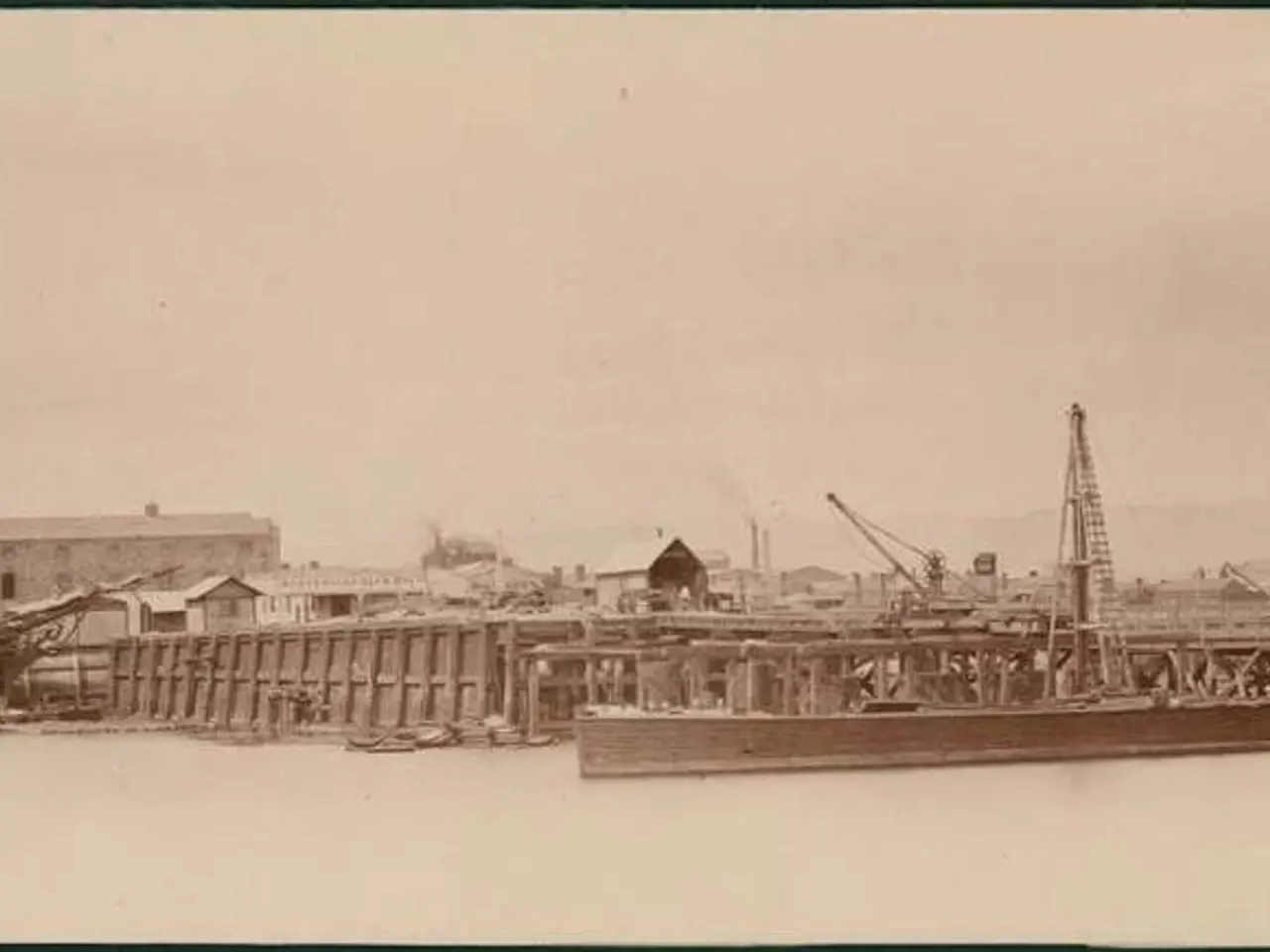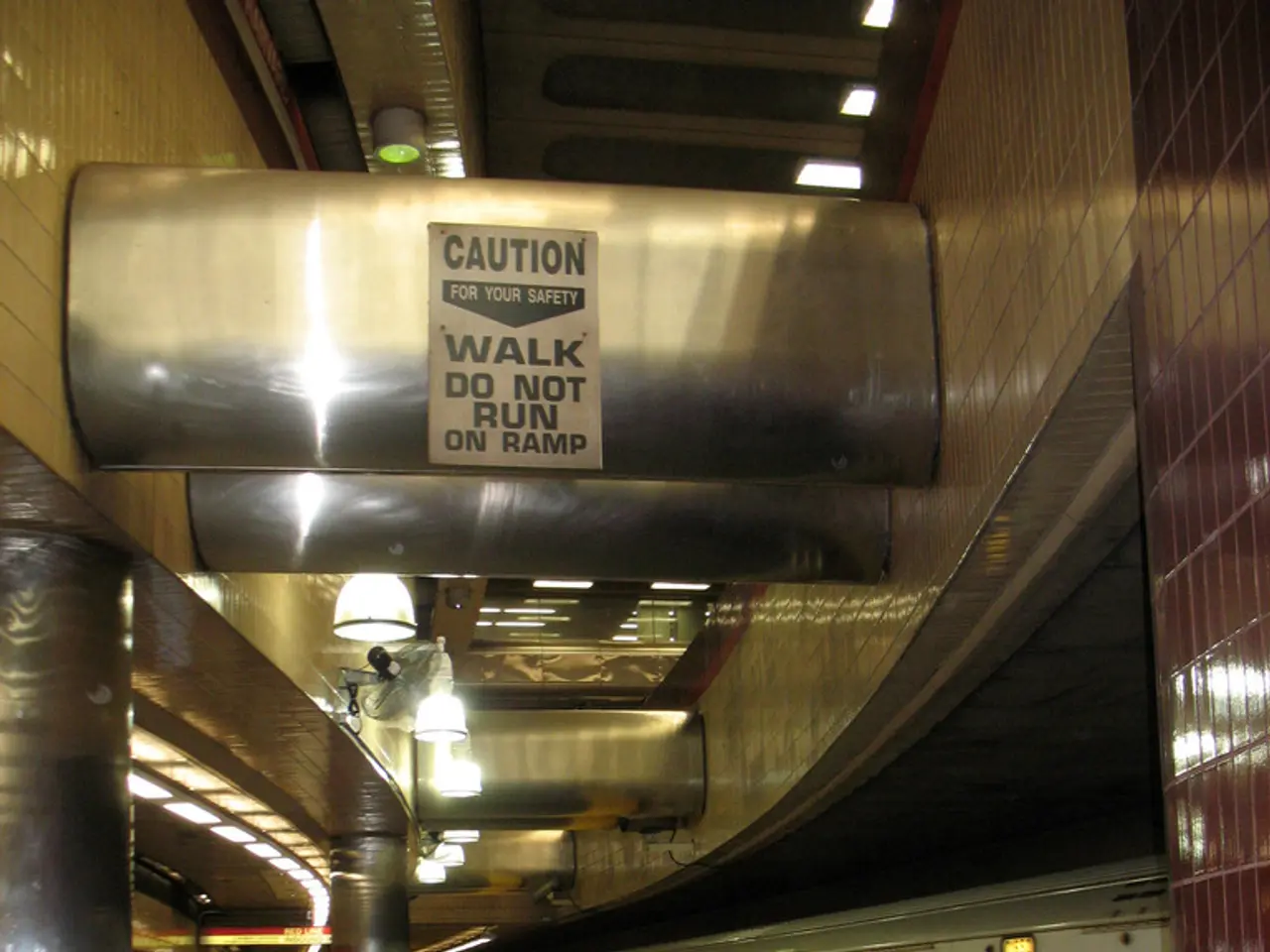Torture, Executions, and Despair: The Dark Side of Iran's Prisons Under the Mullahs
By Lea Verstl
Facebook | Twitter | Whatsapp | Email | Print | Copy Link
Unspeakable Terror Hides in Execution Chambers of Iran's Clerics
Mehdi Hassani, a vocal critic of the Iranian regime, lies in Ghezel Hesar prison facing an imminent death sentence. His daughter, Maryam, now resides in Germany, trying desperately to keep in touch and uncover the truth about her father's ordeal.
On September 6th, 2022, Maryam last saw her father. He seemingly vanished without a trace before a letter from the Iranian security authorities reached the family. Mehdi Hassani had been arrested and sent to Evin prison in Tehran, known for its brutal treatment of political dissidents. Now, he resides in the notorious Ghezel Hesar prison, infamous for being the final stop before execution.
The UN report, presented this week, reveals the harrowing truth about the Iranian regime's mistreatment of political prisoners. At least 975 people were executed last year, making it the highest number of executions in Iran since 2015, as stated by the UN Deputy High Commissioner for Human Rights, Nada Al-Nashif. Many prisoners endure severe torture before their execution.
Maryam Hassani reveals that her father suffered injuries to his neck, back, and feet in prison. Access to medical care is denied, worsening his condition. Among the tortures inflicted in this prison were sleep and food deprivation, according to Maryam. Her father was falsely convicted of "armed rebellion against the state," "enmity against God," and "corruption on earth." In Iran, Sharia law governs state legislation, with the orders of God in Islam serving as the foundation.
The regime's psychological tactics are just as terrible. Maryam Hassani recounts that her father was threatened with harm to his family, including the rape of her eight-year-old brother, in an attempt to force false confessions.
Speaking with ntv.de, Maryam Hassani expresses her concerns for the many more political prisoners facing execution in Iran. This Saturday, she intends to participate in a demonstration advocating for the federal government to link negotiations with the Iranian regime to the release of political prisoners.
Politics
The political landscape is tense, with Israel threatening the life of Iran's Ayatollah Khamenei, with discussions constantly surrounding the conflict.
As reported by Amnesty International, Mehdi Hassani was sentenced to death in a grossly unfair trial in September 2024. The trial lasted only five minutes and was marred by claims of torture and other abuses that coerced false confessions.
Amnesty International has also released a comprehensive report on death sentences and executions, noting an alarming increase in executions during the previous year. Over half of the registered executions were for offenses that should never result in the death penalty, such as drug crimes and broad, imprecise charges that fail to meet legal standards, including "enmity against God" (moharebeh) and "corruption on earth."
Allies of the struggling Iranian people once again took to the streets in September 2022, protesting against the repression of their regime under the banner of "Woman, Life, Freedom." The movement gained traction following the death of Jina Mahsa Amini, a 22-year-old woman who died under mysterious circumstances after being arrested by the Morality Police for allegedly improperly wearing her hijab.
Mehdi Hassani Alleged to be a Member of the People's Mujahedin
Maryam Hassani claims her father stood for women's rights. However, she refrains from revealing the precise nature of his political activism out of protection for her father. Research indicates that he was accused of being a member of the opposition group, the People's Mujahedin. Founded in 1965, this group aimed to overthrow the Shah regime.
During the 1979 Revolution, the group played a significant role in toppling the existing monarch but lost influence in the struggle for power afterward. The organization moved to Paris in 1981. In the Iran-Iraq War between 1980 and 1988, the group formed an alliance with Iraqi dictator Saddam Hussein. The group was listed on the EU's terrorism list from 2001 to 2009 and the US's list from 2001 to 2012.
Stephan Stetter, a professor of International Politics and Conflict Research at the University of the Bundeswehr Munich, shares his perspective:
"The People's Mujahedin have been associated with terrorist activities historically and have no truly democratic origins. However, authoritarian ideologies and methods can be abandoned for pragmatic reasons."
Despite this history, the People's Mujahedin insist they advocate for democratic values and deny allegations of their militancy.
Maryam Hassani: "My Father Dreamed of Freedom in Iran"
The German government considers the People's Mujahedin of Iran (PMOI/MEK) an authoritarian-led Iranian exile opposition group. While there is currently no evidence of violence used to achieve their political objectives, the Iranian regime persecutes and labels the movement an enemy. According to the Federal Agency for Civic Education, supporters of the PMOI/MEK were specifically targeted for execution following the end of the Iran-Iraq War in 1988.
The situation facing Maryam Hassani is grim. The Iranian regime has labeled and convicted her father as a criminal without evidence. For Maryam, it's clear that her father desired freedom in Iran, freedom for women, and freedom for society. They lived a normal life in Iran, but that life came to an abrupt end on the day of his arrest.
Community policy should include measures to address the human rights violations in Iran's prisons, particularly in cases like Mehdi Hassani's where false charges and brutal treatment are alleged.
The escalating tension between Iran and Israel, along with the internal struggles of the Iranian regime, are part of a broader political-news landscape that has serious implications for individuals like Mehdi Hassani and his family. The international community should consider the broader political context when advocating for the rights and freedoms of individuals like Mehdi Hassani.




